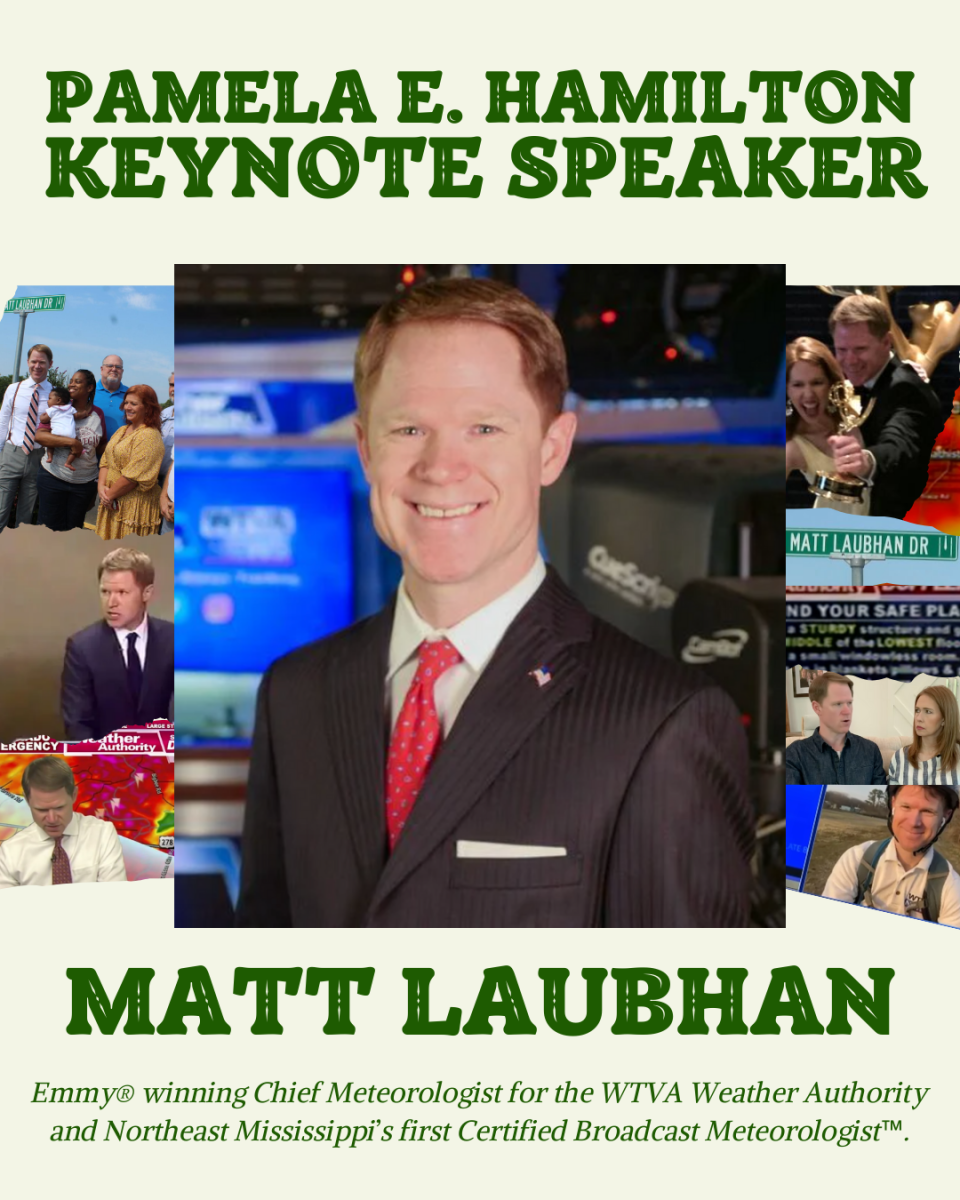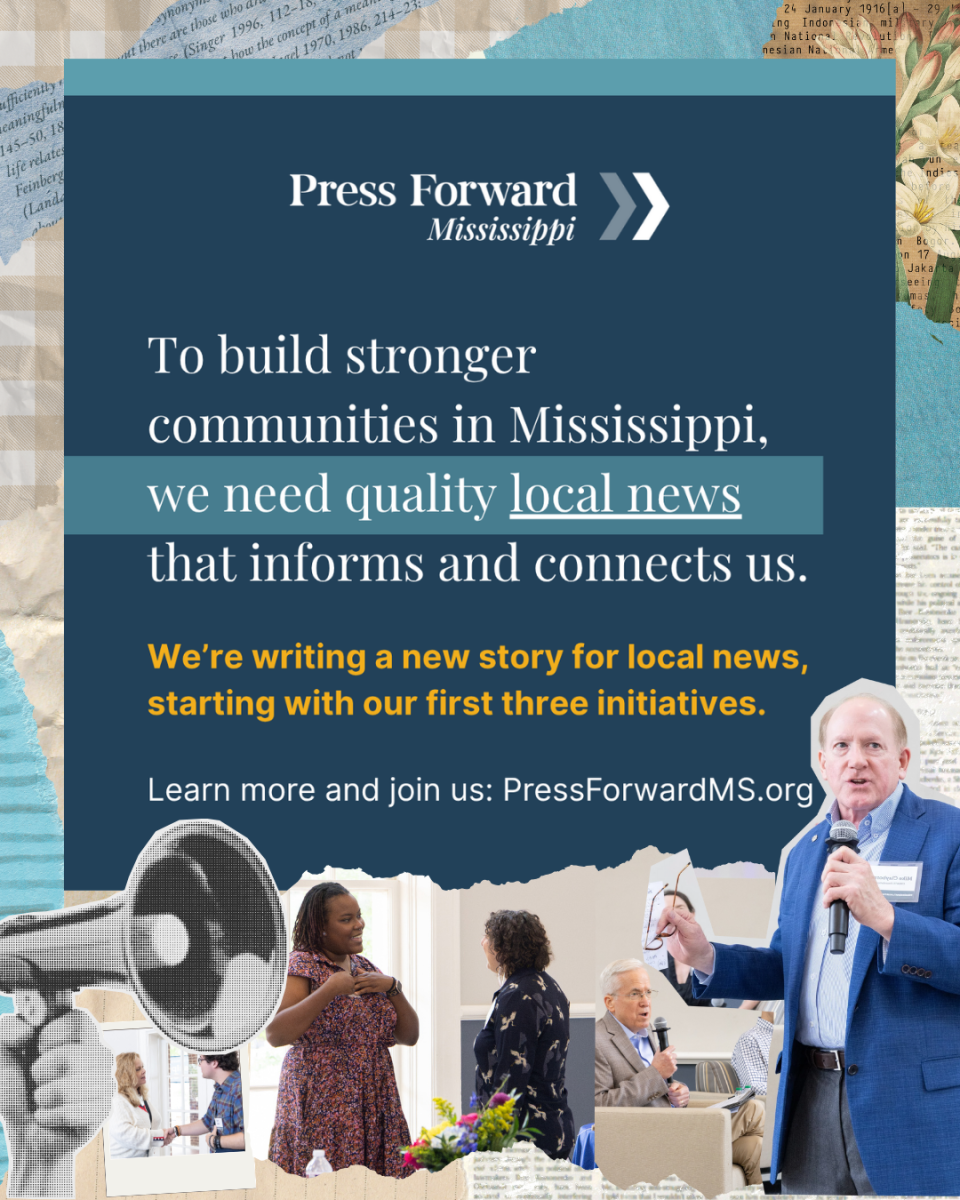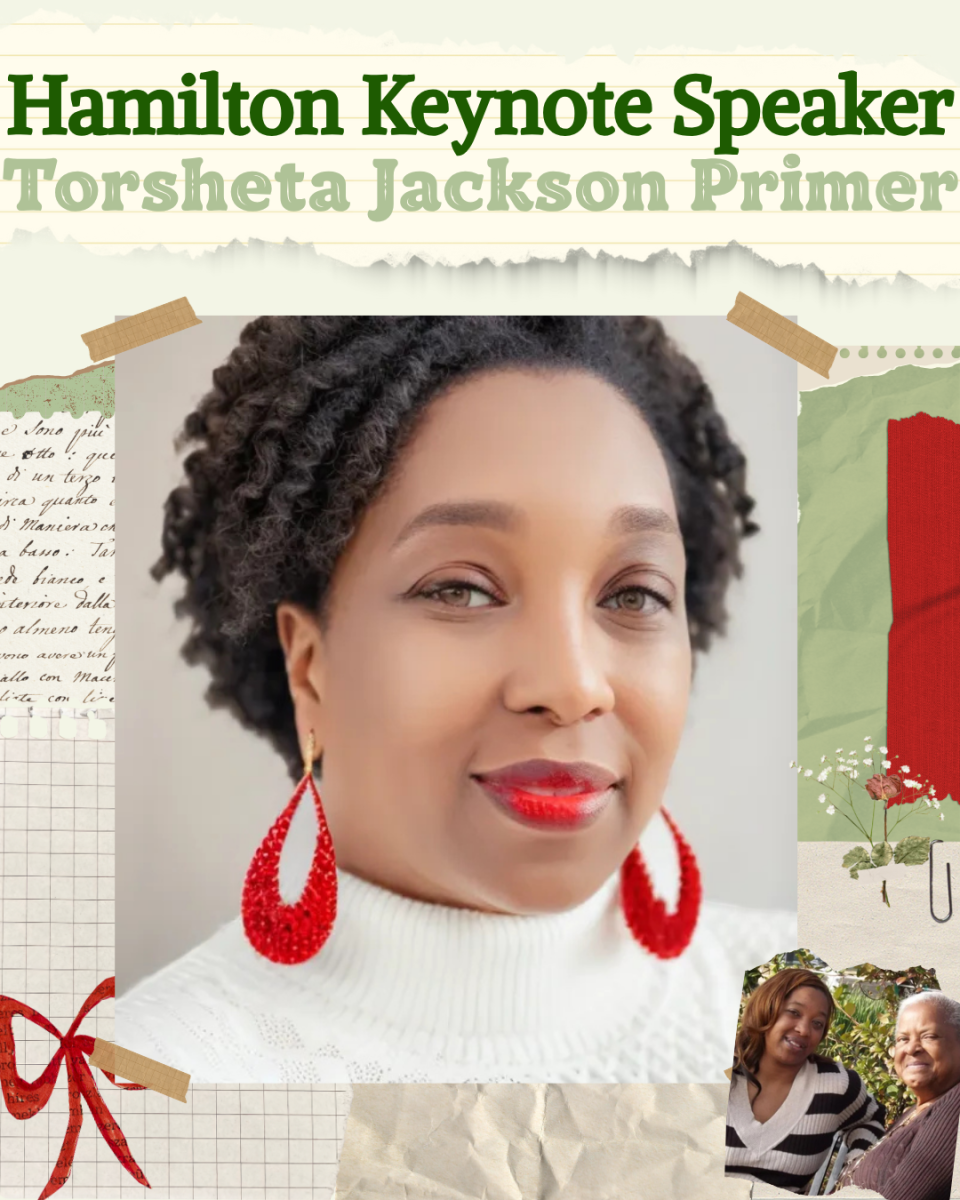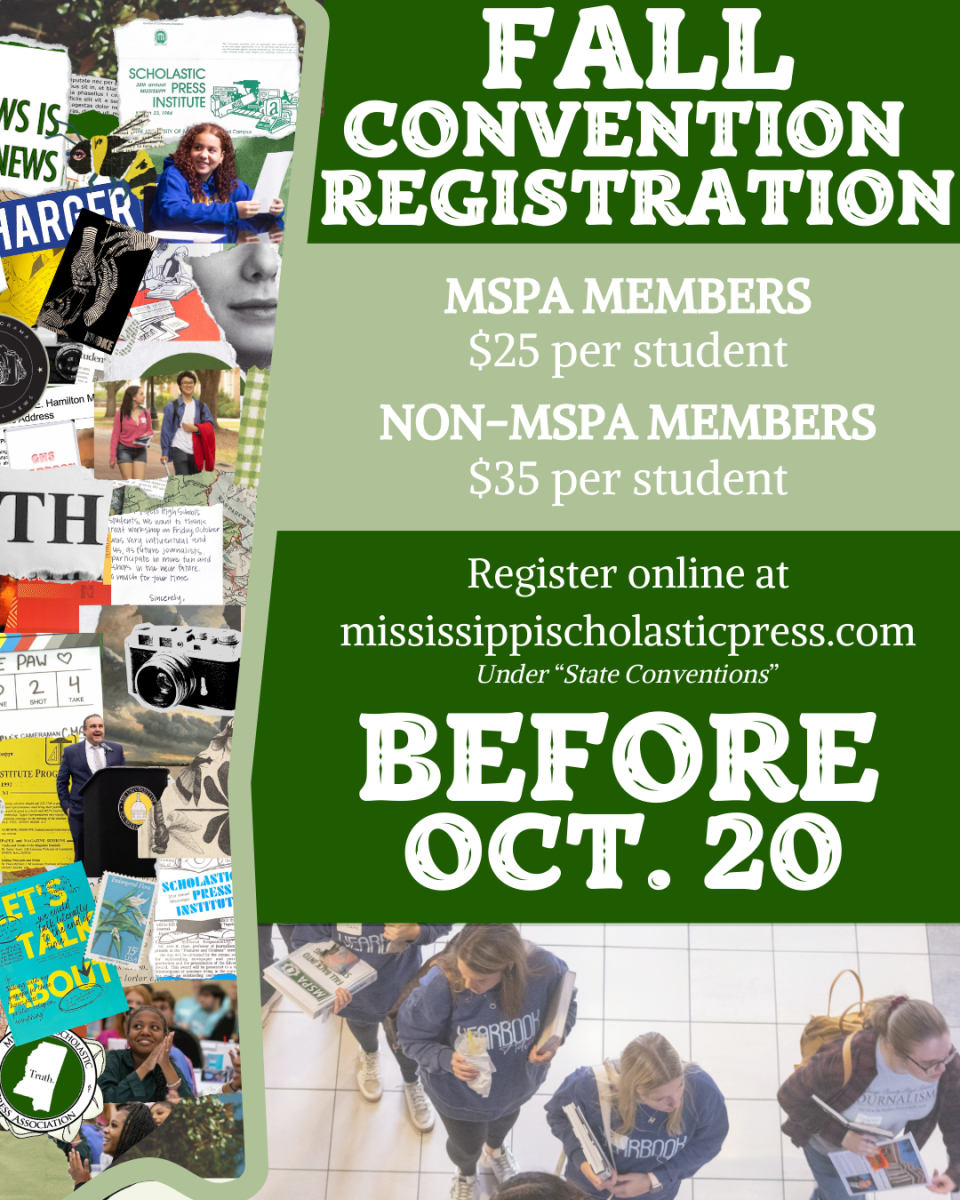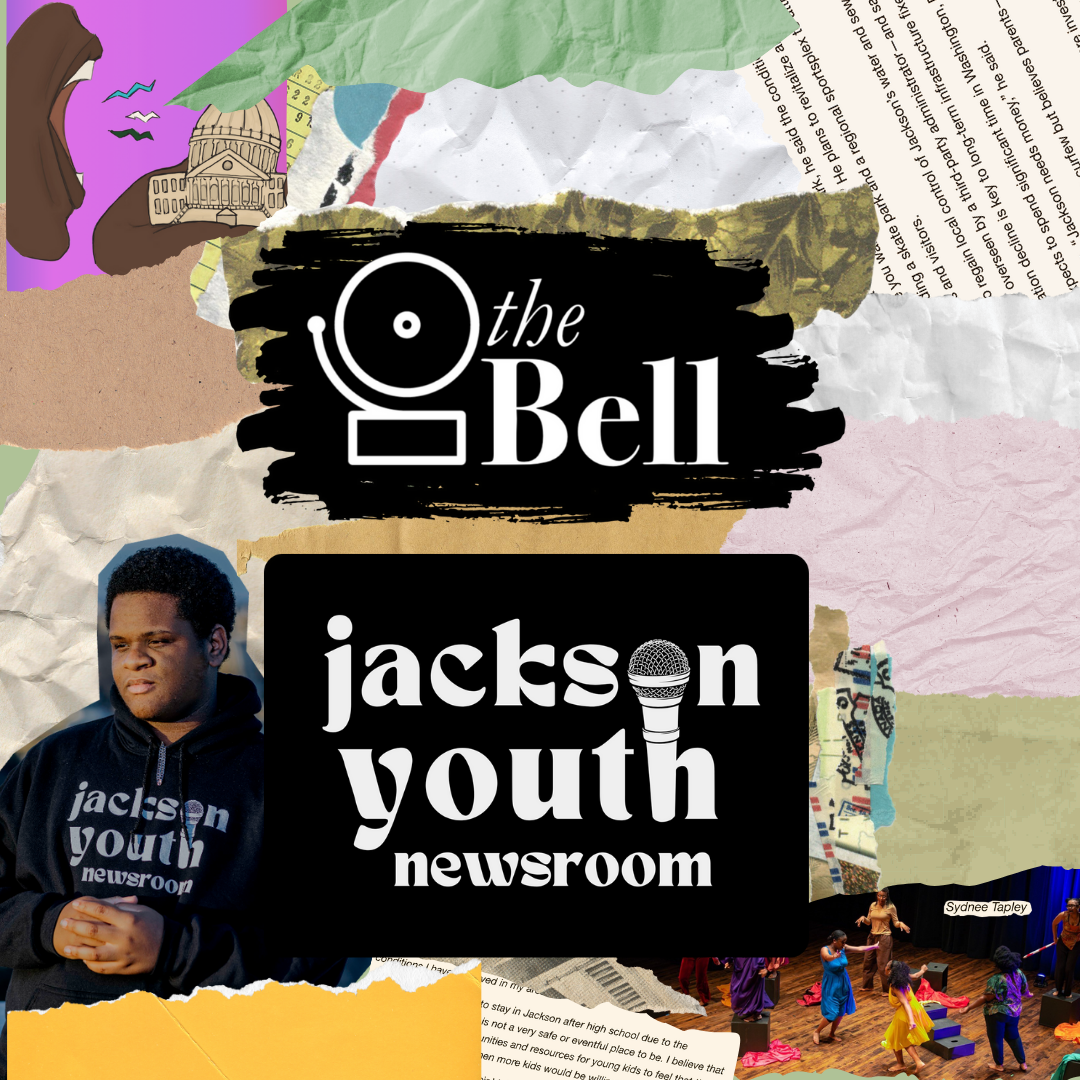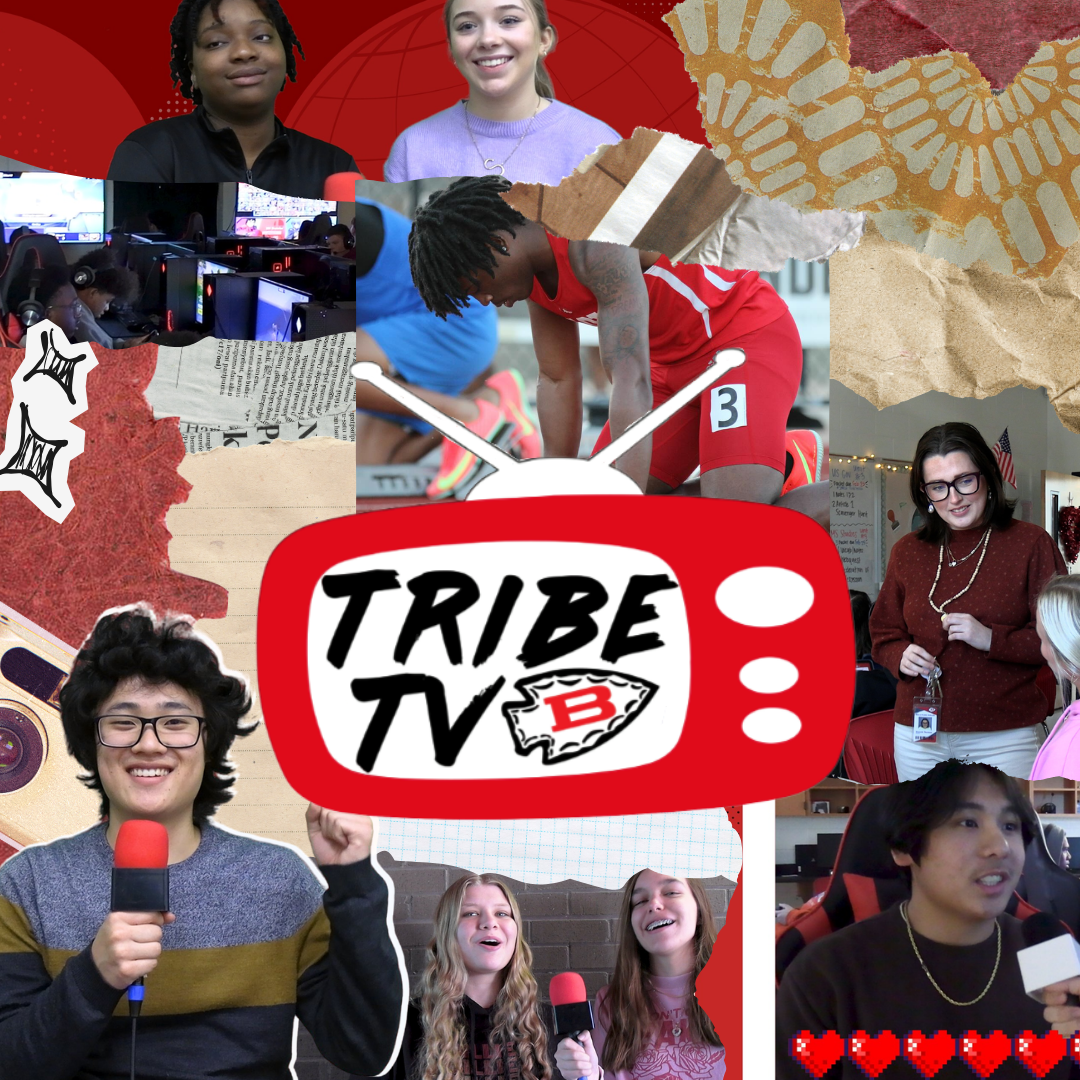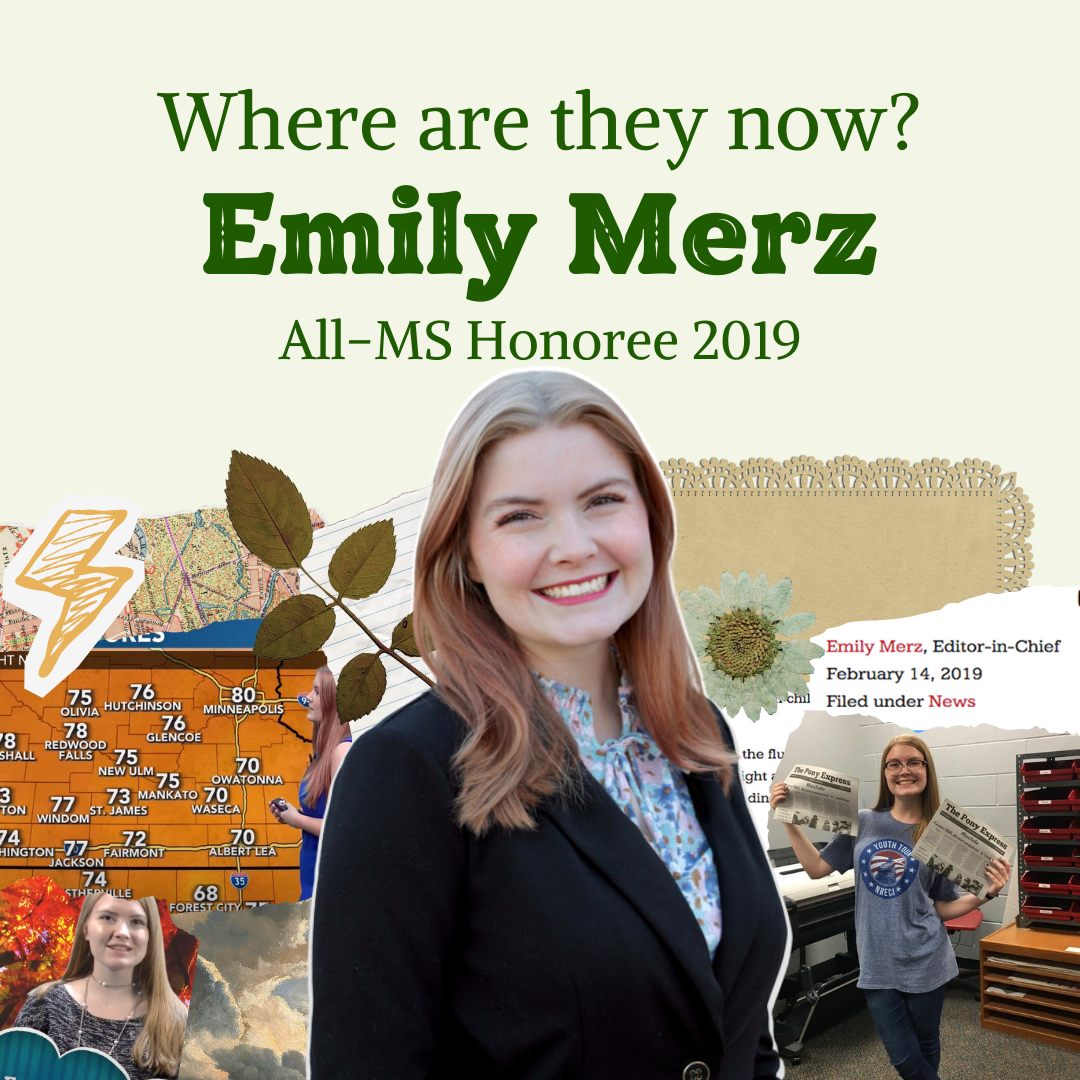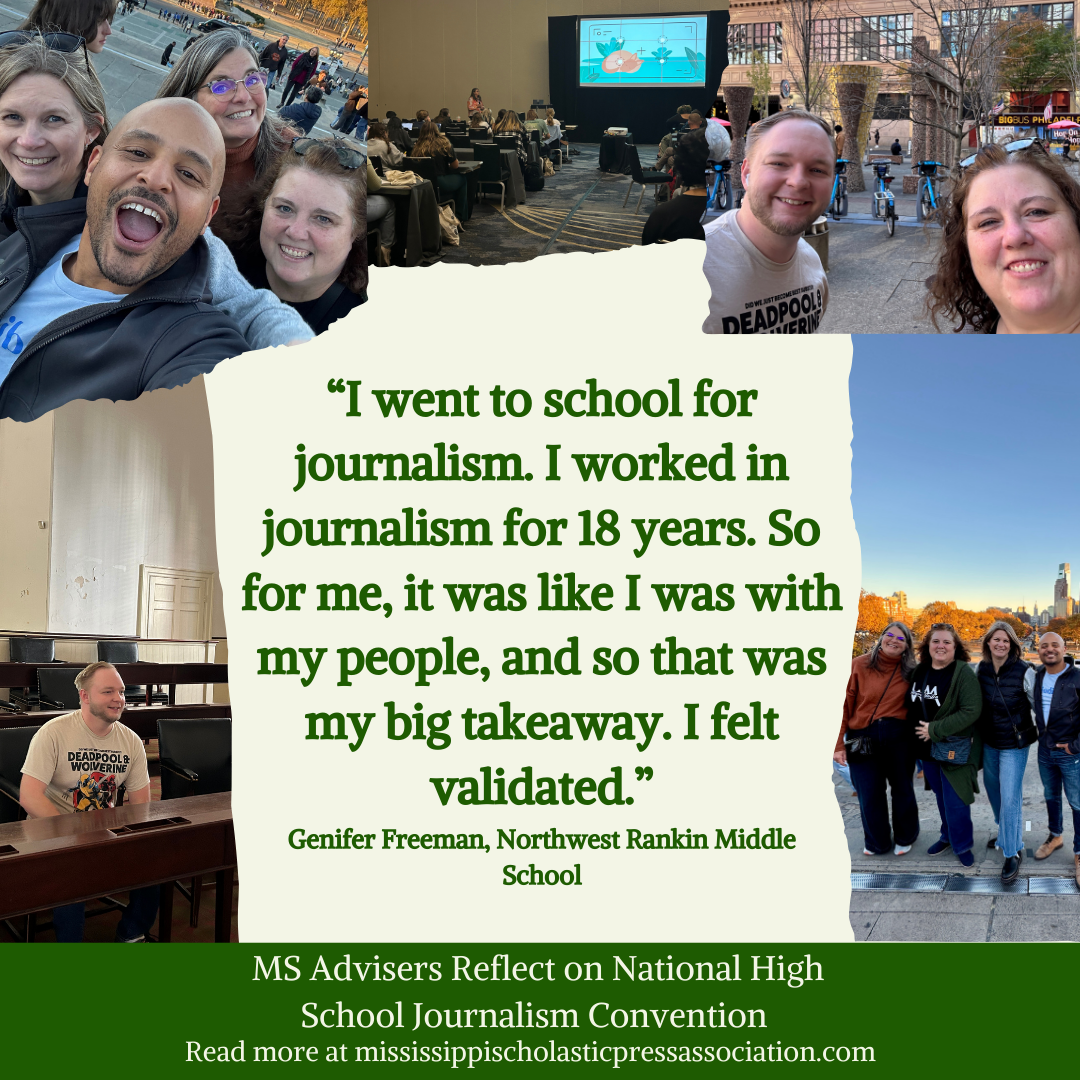Since 2011, Matt Laubhan has been the Chief Meteorologist for WTVA News in Tupelo, MS. Originally from the small town of Russell, Kansas, Laubhan graduated from the University of Kansas with a degree in Atmospheric Science. After college, he worked for seven years as a forecaster in TV stations in Lubbock, Texas, before moving to Tupelo.
Laubhan has shared his role working at WTVA with his wife, evening anchor Emily Leonard, who also worked with him at the Lubbock stations in her home state of Texas. Together they have two children, and a cat and dog. Laubhan and the Weather Authority Team at WTVA are well accomplished, having been decorated with 8 Emmy Awards and another 18 nominations, as well as recognition by the Mississippi State Senate for their coverage.
Q&A
Do you have a specific instance or experience that you’d consider the most integral to your career?
The funny thing about severe weather coverage is you don’t know. As a kid I’d always been scared of tornadoes and I’d been very interested in meteorology. Getting to college, I was wanting to be a lawyer and be president someday. Everything in high school that I did to prep was extemporaneous speaking. I failed the required Spanish entrance exam for a foreign language, so I changed my major to shift to something I’m more passionate about, the weather.
There have been other instances during my employment career. Shortly after we moved here in 2011, we had the super-tornado outbreak less than a month later. It was very important in that I replaced a guy who had been here for 32 years in my position. And at that point I was 28 years old. This guy had been forecasting weather here since before I was born. At first, people did not take well to me. The first week or two we had that tornado outbreak, things changed and people trusted me, and the rest has been history. I’ve been very fortunate to have a very loyal following, much of which started on that very awful day. So I’d say there’ve been multiple pivot points and you can always find, scale it in things that may have had even bigger impacts in there.
As a Meteorologist, how do you handle your process of covering weather and reporting it on air?
It’s about perspective. It’s sort of like what they teach in retail, ‘the customer is always right’. To a certain extent, that exact same thing applies to this as well. You must accommodate your audience. Does the viewer understand? It’s always better for the viewer to think you’re accurate than be accurate, as ridiculous as that sounds. Understand the forecast, and if they understand it as well, they know the whys, and if they understand the whys, they get what happened.
What is it about your career that you deem to be the most important factor in its purpose?
It’s really interesting that television stations are in charge of whether life safety information, coming from an entertainment company’s studios. It’s not core to the original business or even necessarily the main business of TV stations, though it is core to the profits and it’s something we’ve always done. For example, we deliver the information related to whether or not you could die from a tornado. I would say as a meteorologist, that’s easily the most important thing that we do, delivering that kind of information where it’s actionable advice that can lead to life and death choices.
How would you describe the significance of media and journalism to the state of Mississippi?
It’s hugely important. It’s important to have local journalists who hold local leaders, local business people, local people accountable. You could say what you want to about national media or politics. If we diminish local journalism or journalism in general, we now are allowing the powerful to run around unchecked. We must make sure we have healthy and prosperous communities, because there are many amazing things that local politicians and businesses and communities do that need to be featured so that other people can see them.
What kind of advice could you give to aspiring journalists or those who are interested in the field and it’s occupations?
Some people I think get discouraged very early, because you have these grandiose visions and that’s not the way your first job’s gonna look. With news outlets, the paradigm on that has shifted some and could potentially continue to shift. If you’re creating original content and that content is valuable, you will always be paid and usually we’ll be paid fairly. If you produce something of value, you will always have a way to make money off of that doing it. And I point that out because of how important as journalism ethics are, holding people accountable. We definitely have to do that.
I do think that we will continue to see a contraction in local news operations around the country. That is scary in a way, but it also leaves an opportunity for growth for those that are able to see what the next step is. And nobody is more perfectly in tune with where and what the next step looks like than someone who’s in high school or college, with their focus group of friends and family, where that information is being consumed, how it’s being consumed and what they’re looking for. Journalism is not a dying field, it is an evolving field. It’s just the delivery method remains continually more and more fractured, with increased niche content.
Laubhan will deliver the Hamilton Memorial Keynote at the Mississippi Scholastic Press Association’s Spring Convention on Friday, March 28th on the University of Mississippi Campus.

